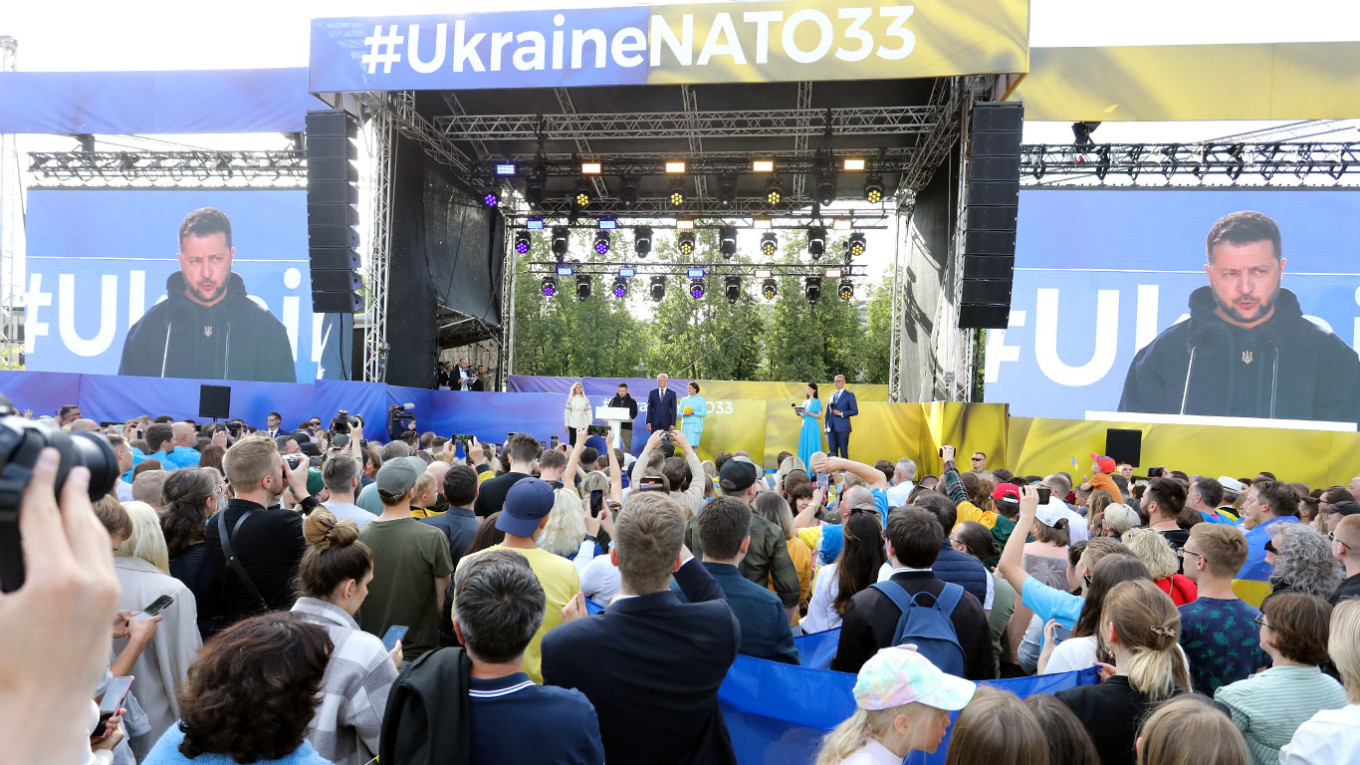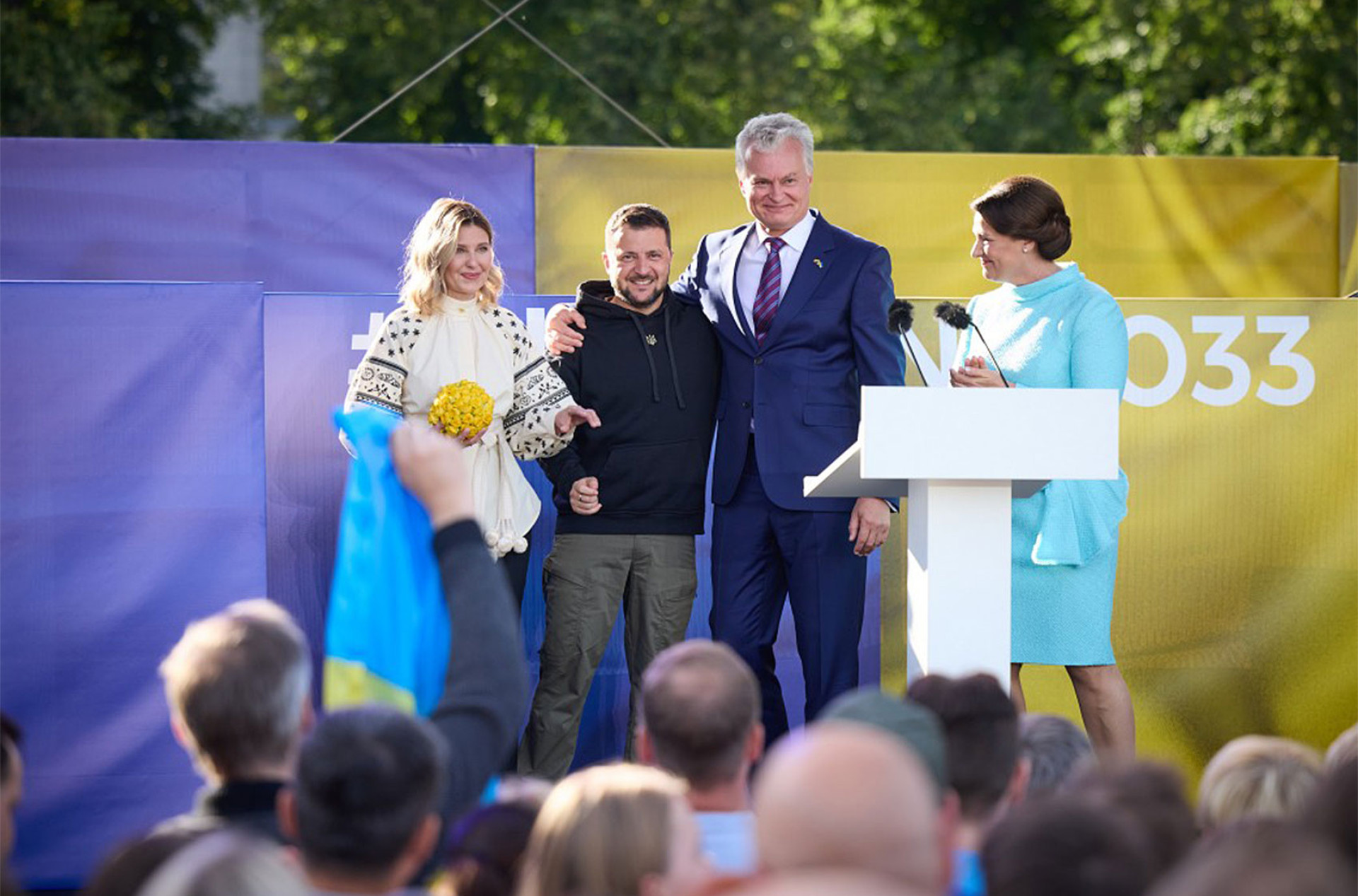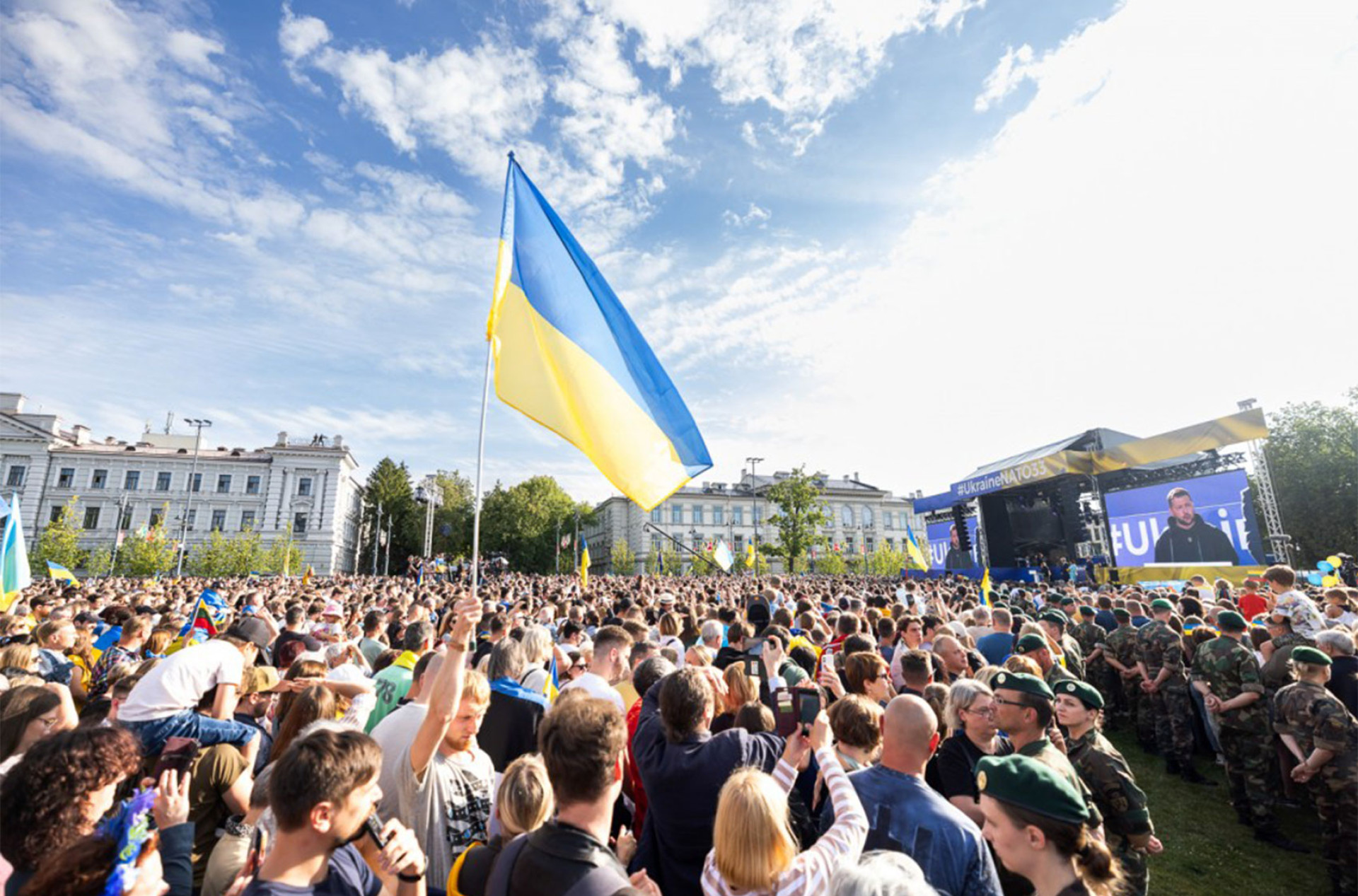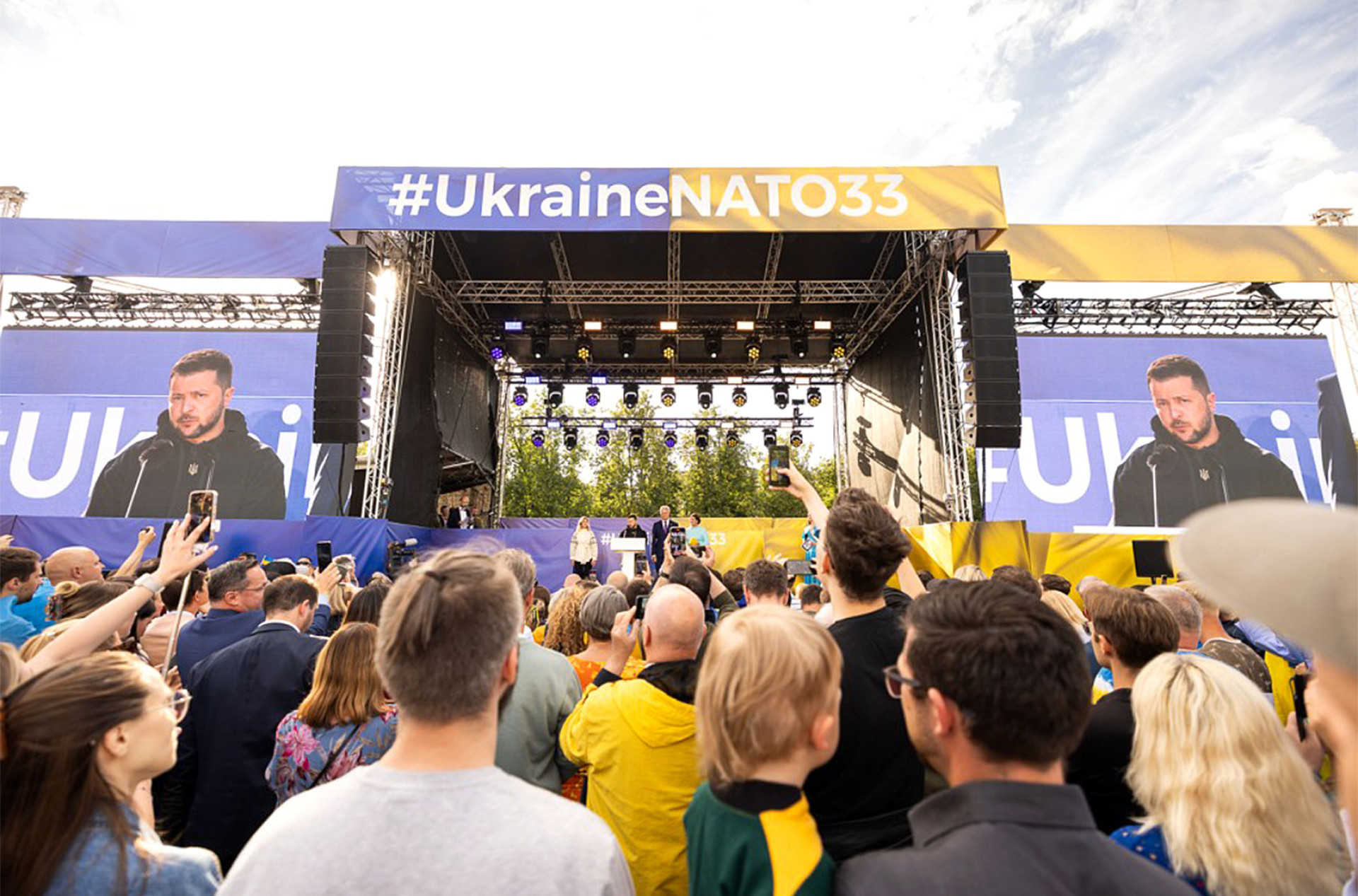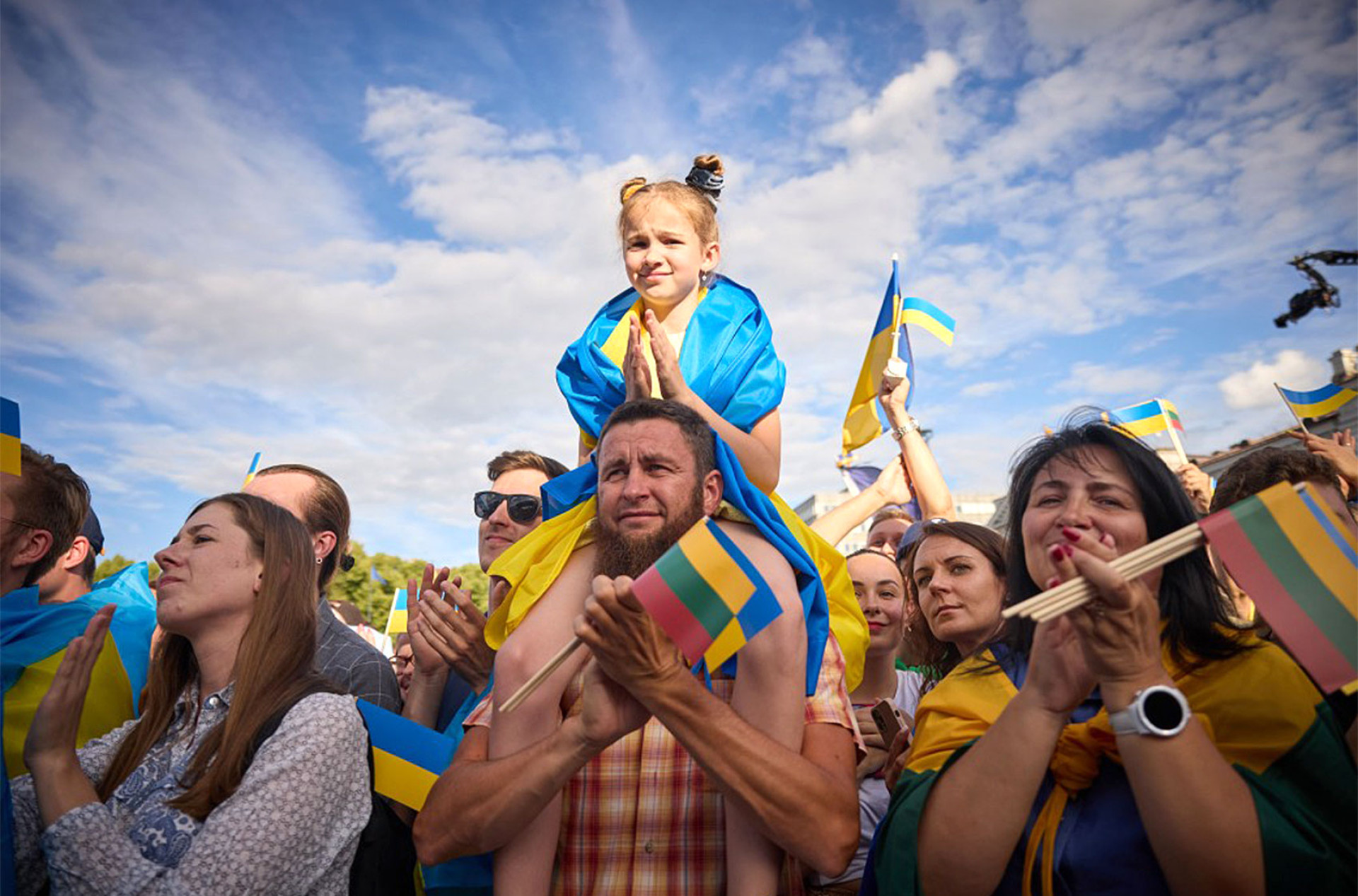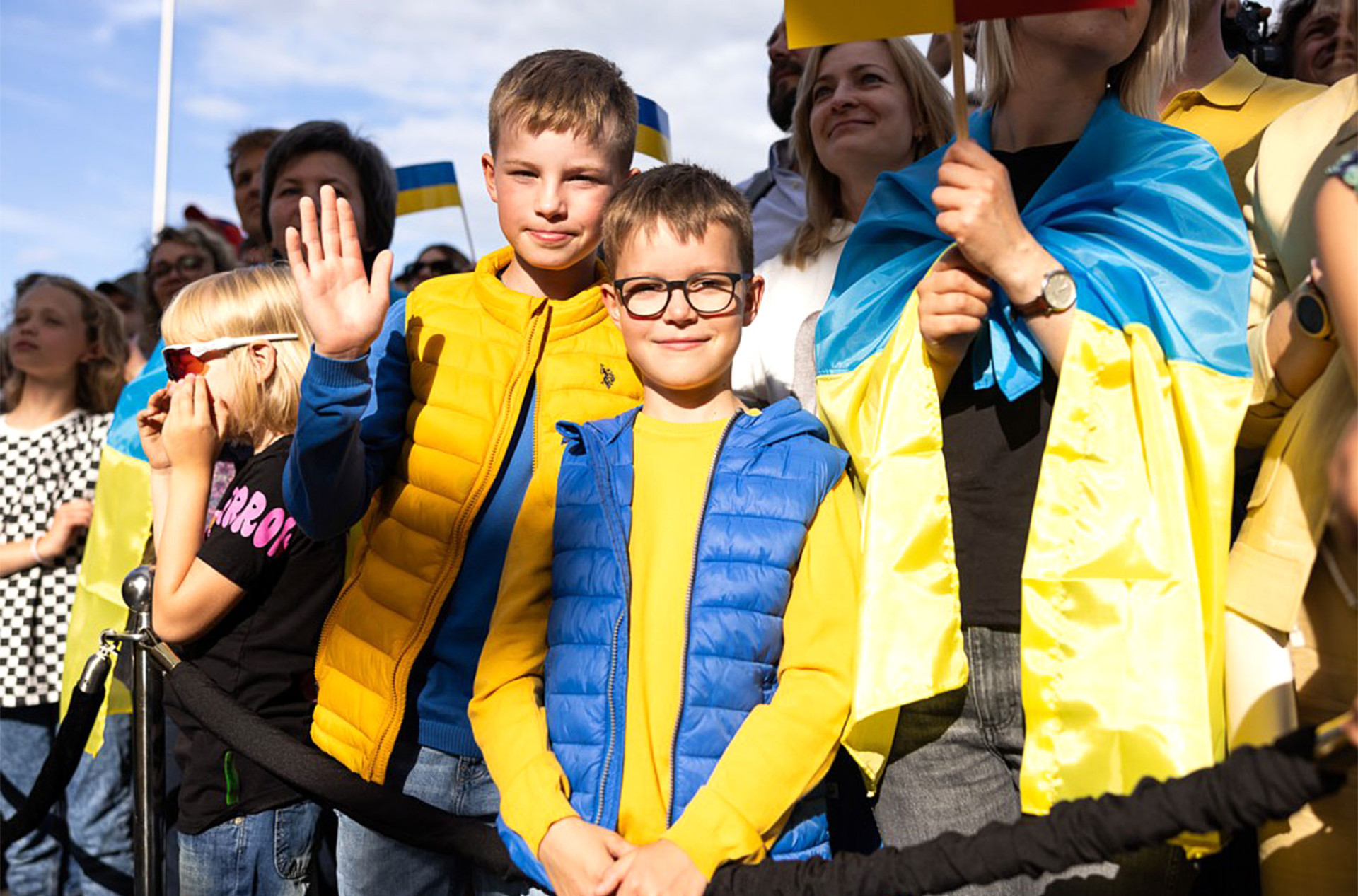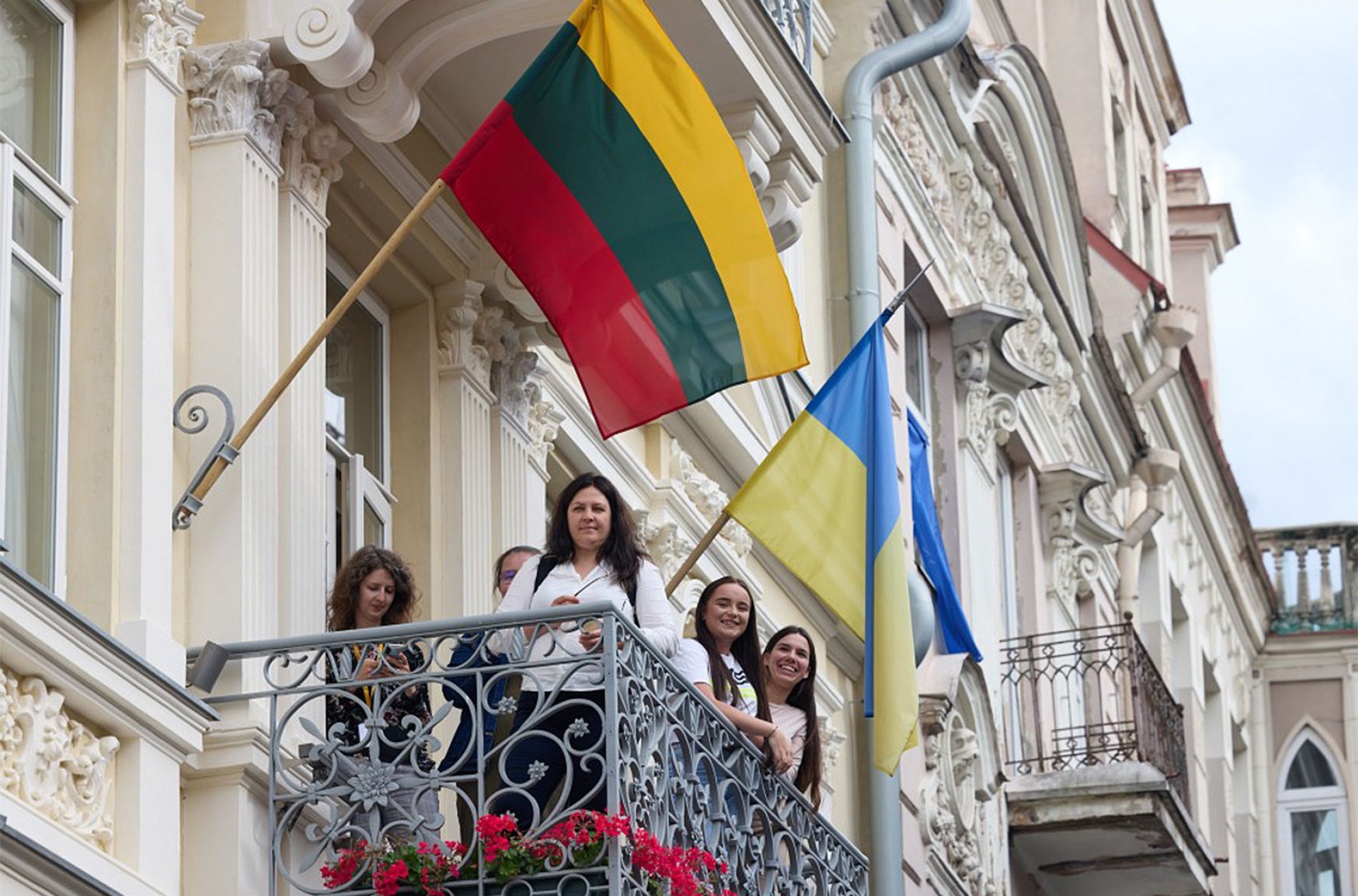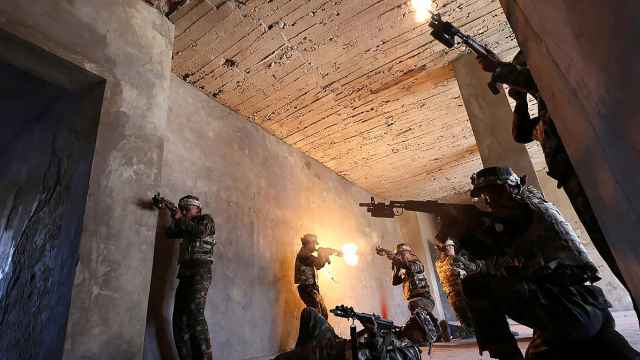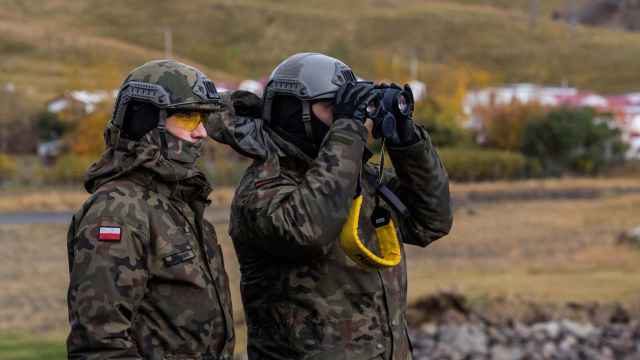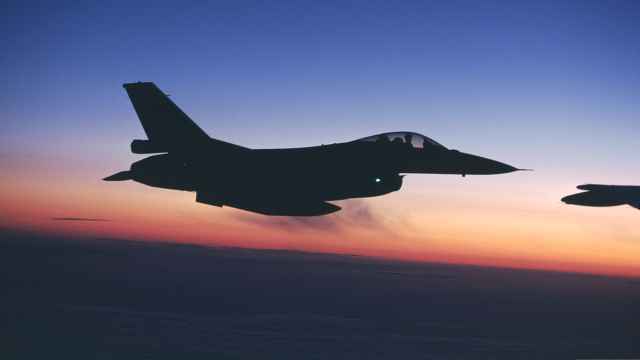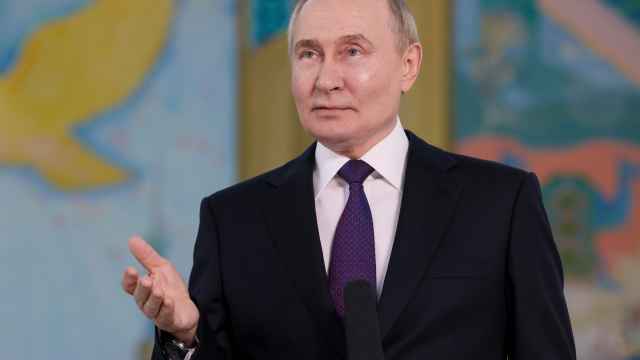This year’s NATO summit that concluded in Vilnius on Wednesday has resulted in a handful of unpleasant developments for the Kremlin, from solidifying the political shift of its longtime strategic partner Turkey to reiterating the alliance’s unwavering support for Ukraine nearly a year and a half into Russia’s invasion.
While the summit saw the inaugural meeting of the newly established NATO-Ukraine Council, a platform aimed at deepening Ukraine’s cooperation with the U.S.-led alliance, members stayed short of meeting Ukrainian President Volodymyr Zelensky’s demand for a clear timeline for Ukraine’s ascension into the military alliance.
In an emotional message published on the eve of his arrival to Lithuania, Zelensky voiced concern that NATO’s cautious approach signals a desire to leave room for maneuver in potential negotiations with Russia.
“This means that a window of opportunity is being left to bargain Ukraine's membership in NATO in negotiations with Russia. And for Russia, this means motivation to continue its terror,” said Zelensky.
The wording of the NATO summit communique issued late Tuesday seemed to have confirmed some of the Ukrainian president’s concerns.
In the annual document, which outlines the alliance’s key priorities and commitments, NATO members once again called on Russia to “cease its use of force against Ukraine” and pledged to continue the delivery of urgently needed non-lethal assistance to Ukraine within the framework of the Comprehensive Assistance Package (CAP).
But while clearly stating that “Ukraine’s future is in NATO,” the communique stopped short of defining a clear timeframe or benchmarks to meet in order to achieve that future goal.
“The language of the communique was obviously weaker than the Ukrainian government and its supporters would have liked,” said Ruth Deyermond, senior lecturer at the Department of War Studies at King's College London.
“There could have been a clearer timetable for accession,” Deyermond told The Moscow Times. “The statement that it would happen ‘when Allies agree and conditions are met’ is so vague that it could apply in a few months or never.”
While NATO has repeatedly warned Moscow of its resolve to escalate the conflict in Ukraine in the event that Russia deployed weapons of mass destruction, its members are also “trying to avoid the perception of needlessly raising tensions” — a thinking reflected in the final communique, according to Jeff Hawn, a non-resident fellow at the New Lines Institute, a Washington-based foreign policy think tank.
Russian leader Vladimir Putin named NATO’s expansion into eastern Europe as one of his reasons for invading Ukraine in February 2022.
“There is still a deep reluctance to appear overly confrontational with Russia,” Hawn told The Moscow Times.
But Deyermond of King’s College cautioned against underestimating the role the newly created bilateral council and the alliance’s commitment to continuously providing aid to Ukraine play in deterring Russia, particularly when it comes to Kremlin’s expectation that the support for Ukraine among the Western public and elites would lessen as the conflict drags out.
"Each of these aid packages tips the scales further in Ukraine’s favor...They show that NATO is not giving up on Ukraine — that, on the contrary, support for Ukraine against Russia’s invasion is strengthening," said Deyermond.
Indeed, despite the dissatisfaction voiced by Ukraine and its allies, the pledge for long-term support made by G7 countries on the final day of the Vilnius summit prompted a swift and furious response from the Kremlin.
“We consider this an extremely wrong and potentially very dangerous [decision],” Kremlin spokesman Dmitry Peskov told reporters Wednesday.
“By giving security guarantees to Ukraine, they [G7 members] are threatening the security of the Russian Federation.”
But all experts agreed that the biggest blow to the Kremlin came on the eve of the summit, when Turkish President Recep Tayyip Erdogan agreed to greenlight Sweden’s bid for NATO membership after blocking it for months over concerns that the Nordic state has been providing asylum to Kurdish militants.
“The NATO summit was the absolute triumph of the Turkish president,” said Vlada Stanković, a specialist on Turkey at the University of Belgrade.
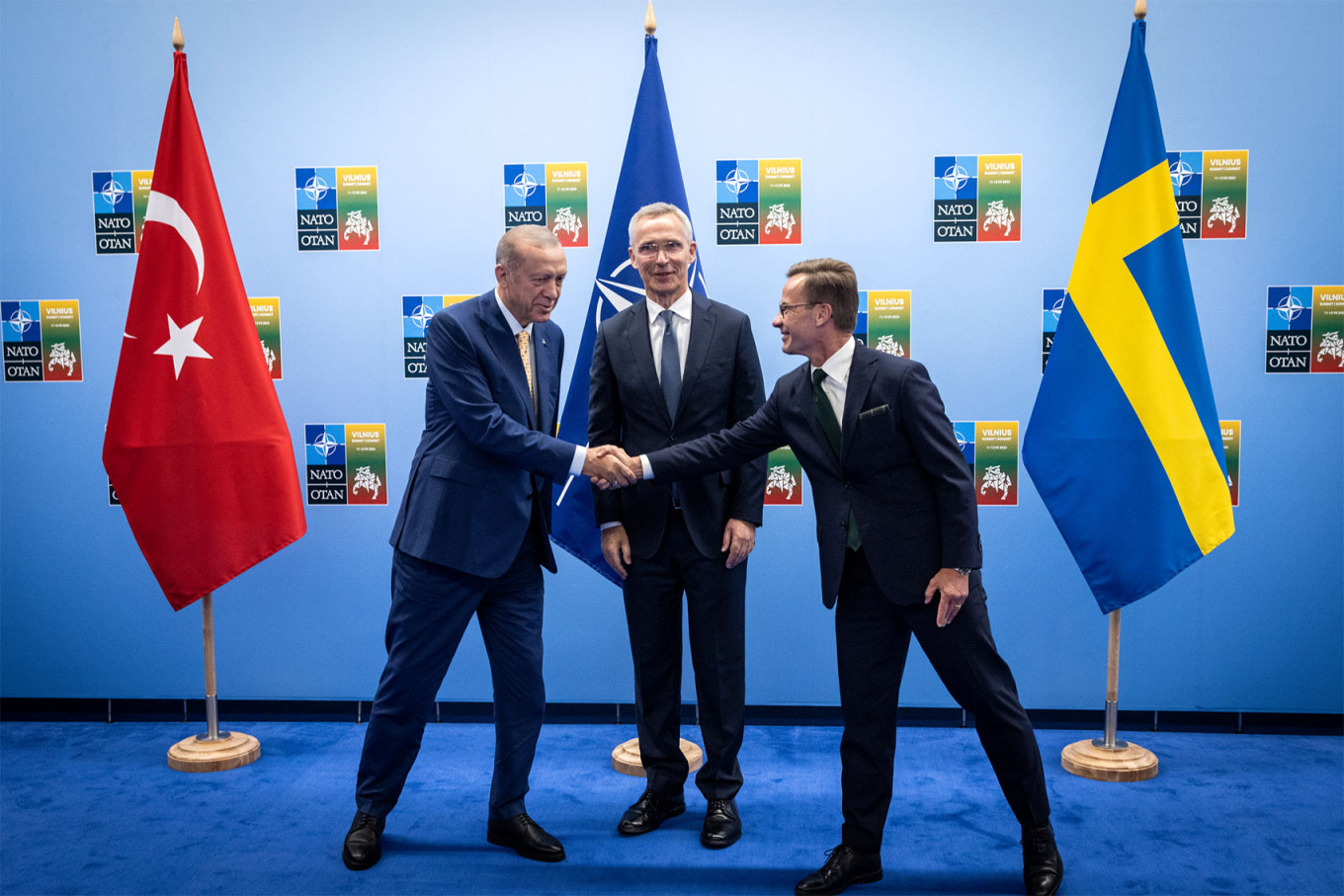
Erdogan’s change of heart won him “the only thing he wanted,” according to Stanković, as U.S. President Joe Biden confirmed that Washington will supply Ankara with F-16 fighter jets, which confirms that Turkey “once again became a reliable ally within the NATO alliance.”
But for Russia, Turkey’s politicking in Vilnius and its immediate outcomes served as yet more proof that its closest NATO partner is taking a 180-degree political turn away from the Kremlin.
Just last week, Erdogan publicly backed Ukraine’s bid for NATO membership during President Volodymyr Zelensky’s visit to Turkey and allowed the return of commanders of the Azov battalion to Ukraine — a move that Moscow labeled “a direct violation of the terms of existing agreements.”
Russian Foreign Minister Sergei Lavrov on Tuesday said Moscow will “make conclusions” and “take appropriate measures” in response to NATO’s Nordic expansion, without mentioning Turkey’s role in the matter.
“Turkey is one of the two NATO states [alongside Hungary] seen as least hostile to Russia,” said Deyermond of King's College London.
“It sends a signal that attempts to weaken NATO from inside are not working as well as Putin might have hoped.”
A Message from The Moscow Times:
Dear readers,
We are facing unprecedented challenges. Russia's Prosecutor General's Office has designated The Moscow Times as an "undesirable" organization, criminalizing our work and putting our staff at risk of prosecution. This follows our earlier unjust labeling as a "foreign agent."
These actions are direct attempts to silence independent journalism in Russia. The authorities claim our work "discredits the decisions of the Russian leadership." We see things differently: we strive to provide accurate, unbiased reporting on Russia.
We, the journalists of The Moscow Times, refuse to be silenced. But to continue our work, we need your help.
Your support, no matter how small, makes a world of difference. If you can, please support us monthly starting from just $2. It's quick to set up, and every contribution makes a significant impact.
By supporting The Moscow Times, you're defending open, independent journalism in the face of repression. Thank you for standing with us.
Remind me later.



